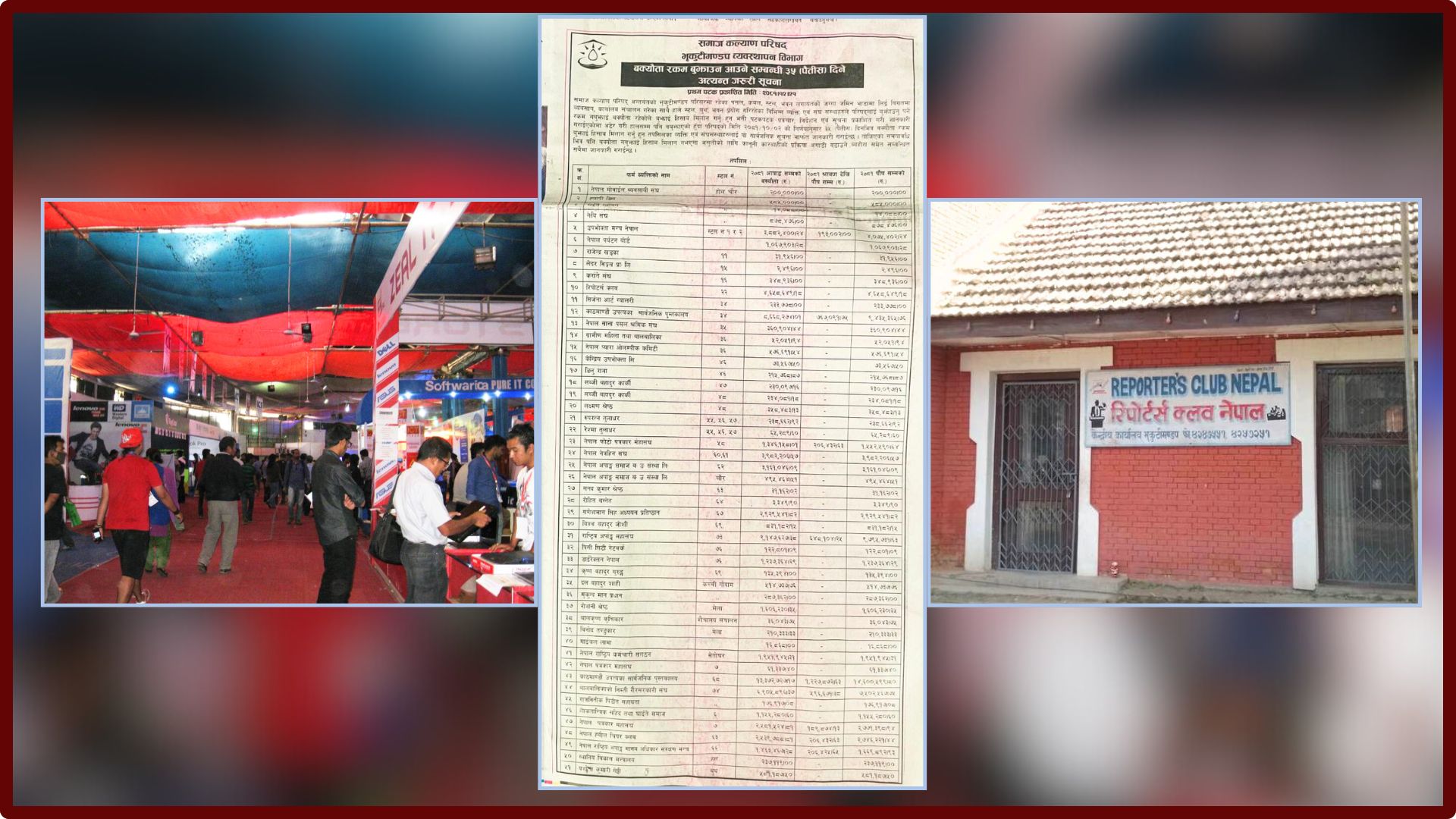Demat mandatory for all listed firms from January 15

Kathmandu December 7- Securities Board of Nepal (SEBON) is preparing to make electronic share transactions mandatory for all listed companies from January 15. Currently, only commercial banks’ shares ownership certificates have been dematerialized. SEBON Chairman Rewat Bahadur Karki said the move was aimed at fully computerizing stock trading.
“After carrying out a demat transaction, clearing can be carried out under a fully automated mechanism,” said Karki at a press meet here on Sunday. The provision, however, is not mandatory for companies that are in merger process or those facing the regulator’s action. Sebon launched the demat share transaction on April 15, 2014. Although the Central Depository System Bylaws 2012 provisioned implementation of the demat system for all the listed companies within six months after the launch, Sebon has so far failed to do so.
About 83 percent of the shares have already been dematerialised, while the rest (40 companies) are in the process. “Rest of the job will be completed in 2-3 weeks,” he said. Nepal Stock Exchange (NEPSE) General Manager Sitaram Thapaliya attributed the delay in the enforcement of the demat system to the requirement of training depository participants, registrars and transfer agents. “The capacity building process delayed the full fledged implementation,” he said.
While the depository participants are liable to open investors’ demat accounts, the registrars and transfer agents are responsible for the verification of signatures for ownership transfers.
However, even in the demat share transaction system; investors are facing various problems due to delays in clearance. CDS and Clearing CEO Dev Prakash Gupta said the delays were due to hassles in signature verification, among other problems. “As many investors fail to verify their signatures while carrying out trading, the ownership transfers remain pending,” said Gupta.
Meanwhile, Sebon has planned to allow a separate access to investors with physical disabilities, children and women. “In the case of stock brokers that have to deal with a large number of investors, we are planning to manage an additional terminal,” Karki said.
The SEBON has also directed Nepse and CDSCL to make information on market depth available to all shareholders. The information on market depth, which gauges a market’s ability to accept large orders without impacting the price of shares, is currently shared among stockbrokers.
“The practice of sharing information on market depth will enable ordinary investors to make informed decision,” says statement.

"There are mixed results in half-yearly budget progress"

Total government spending amounts to Rs. 667.60 billion in 6 months

"There are promising signs of economic recovery"

Finance Minister Paudel directs to meet revenue target

Suspended Chief Secretary Aryal acquitted in corruption case

Dhakal elected HCCN Dean

Price of salt goes up







Feedback